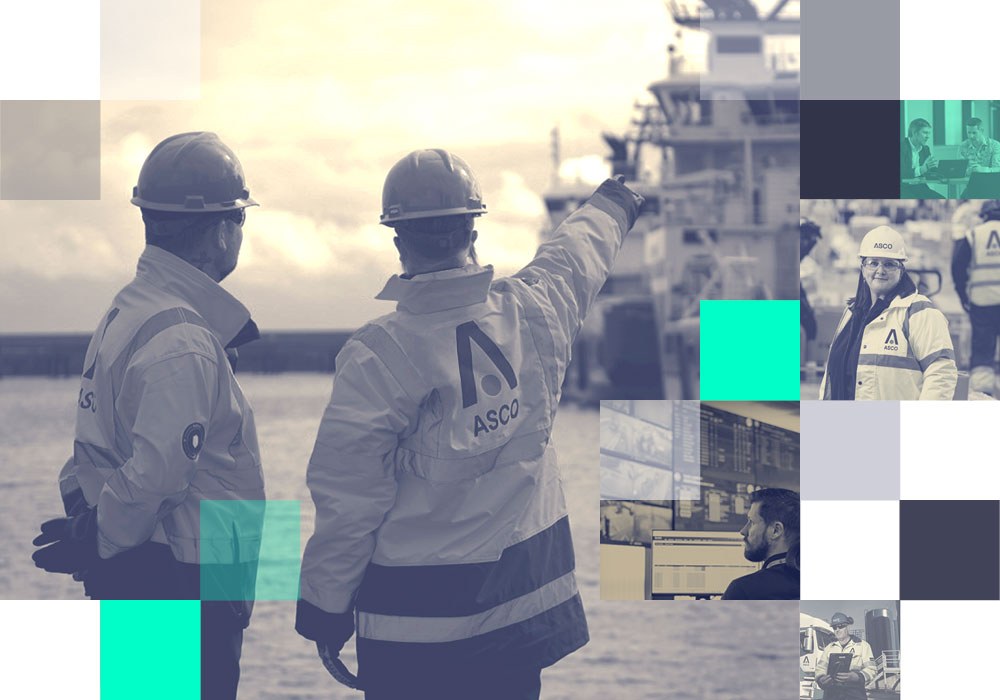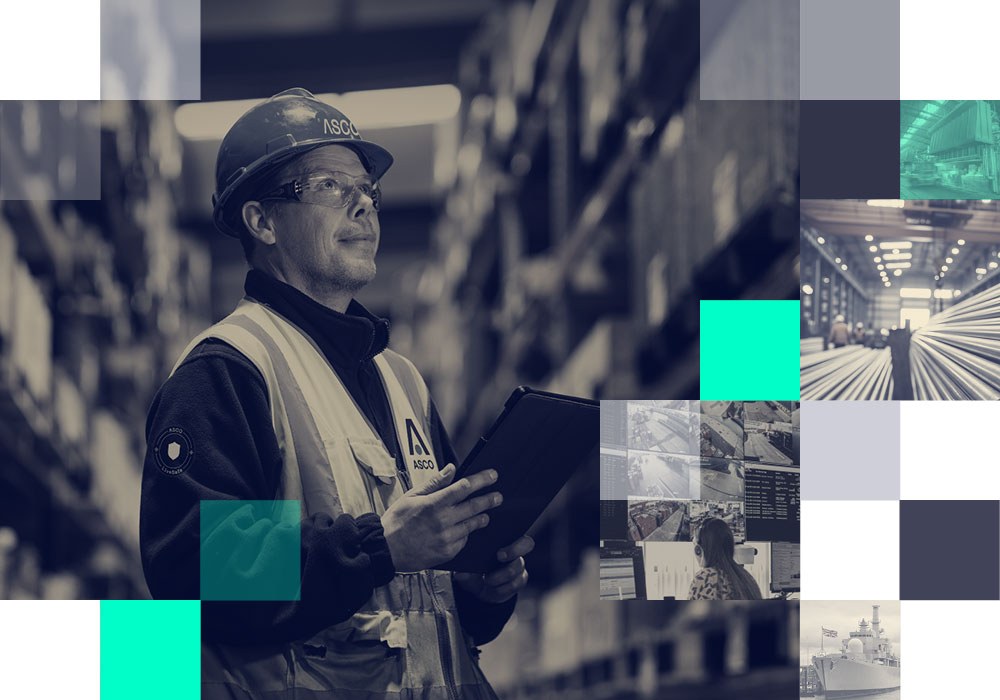By John Davidson, Operations Manager – Environmental Services, ASCO
After 13 years in Aberdeen working on decommissioning projects in the North Sea, I’ve recently swapped grey skies for red dust, relocating to Karratha to lead ASCO’s Environmental services in Australia.
Over the coming decades, Australia will face a decommissioning wave unlike anything in its history. More than 5,600 kilotonnes of offshore infrastructure must be dismantled: thousands of kilometres of pipelines, dozens of platforms, wells and floating facilities. The estimated cost is A$55–60 billion (£26-£29bn), one of the largest industrial undertakings this country has ever attempted.
Buried within that challenge is a less visible but highly specialist issue, Naturally Occurring Radioactive Material (NORM). This residue, which builds up in pipework, tanks and separators over years of oil and gas production, carries radiological risks and requires expert handling, treatment and disposal.
In the UK, the oil and gas sector has been dealing with NORM for decades. Australia, by comparison, has only recently begun addressing these challenges. Forecasts suggest the country could generate large quantities of NORM waste by 2060, with more than two-thirds of that already beginning to emerge. The key question is: how will Australia handle it?
Having been part of the UK’s decommissioning journey, I know that the early years were far from smooth. Projects were siloed, costly and slow. Regulators and industry were not always aligned. Logistics were underestimated. Skilled workers were in short supply.
But through trial and error, the UK built a system that now works. NORM processing was centralised. Long-distance, highly regulated transport systems were developed. Experienced specialists were embedded into local teams. Most importantly, collaboration gradually replaced competition. Today, the UK has one of the most mature decommissioning supply chains in the world.
Australia has a chance to leapfrog by learning from those lessons, avoiding years of inefficiency and unnecessary cost. ASCO which has built and operated one of the world’s most advanced NORM facilities in the North Sea, can now transfer that knowledge directly into Australia.
Starting first, with logistics. In the UK, NORM processing is centralised in southern England, requiring secure long-distance transport from northern offshore fields. Australia faces similar challenges: offshore assets sit thousands of kilometres from disposal sites, operations rely on fly-in/fly-out workforces, and service bases are widely dispersed. Without a logistics strategy suited to this geography, costs and delays could quickly escalate.
Second, skills. The UK only began to improve efficiency once experienced specialists were embedded in local teams, accelerating workforce capability. Australia faces that same learning curve. By transferring expertise early, it can avoid years of trial and error.
Lastly, collaboration. The UK learned that siloed providers slowed progress. Efficiency came only when companies shared infrastructure, expertise and logistics. Australia’s smaller and more dispersed market may actually make this easier, as operators are already open to partnerships. Those who position themselves as complementary rather than competitive will build resilience particularly in regions such as the Carnarvon Basin, where permanent local capability remains limited.
Perhaps the sharpest contrast lies in regulation. UK authorities, though demanding, engaged closely with industry to co-develop standards and best practice. Australia’s regulatory landscape is often seen as fragmented and hands-off. The UK’s lesson is clear: proactive engagement builds trust, accelerates approvals and avoids gridlock.
At ASCO, we are supporting this shift. We are one of only two UK members of CODA (the Centre of Decommissioning Australia) because we recognise that no single company can solve these challenges alone.
If Australia can absorb the lessons above now, rather than repeat the UK’s early missteps, it has the opportunity to build one of the world’s most resilient and effective decommissioning supply chains.
Article originally published in Energy Voice in November 2025.




